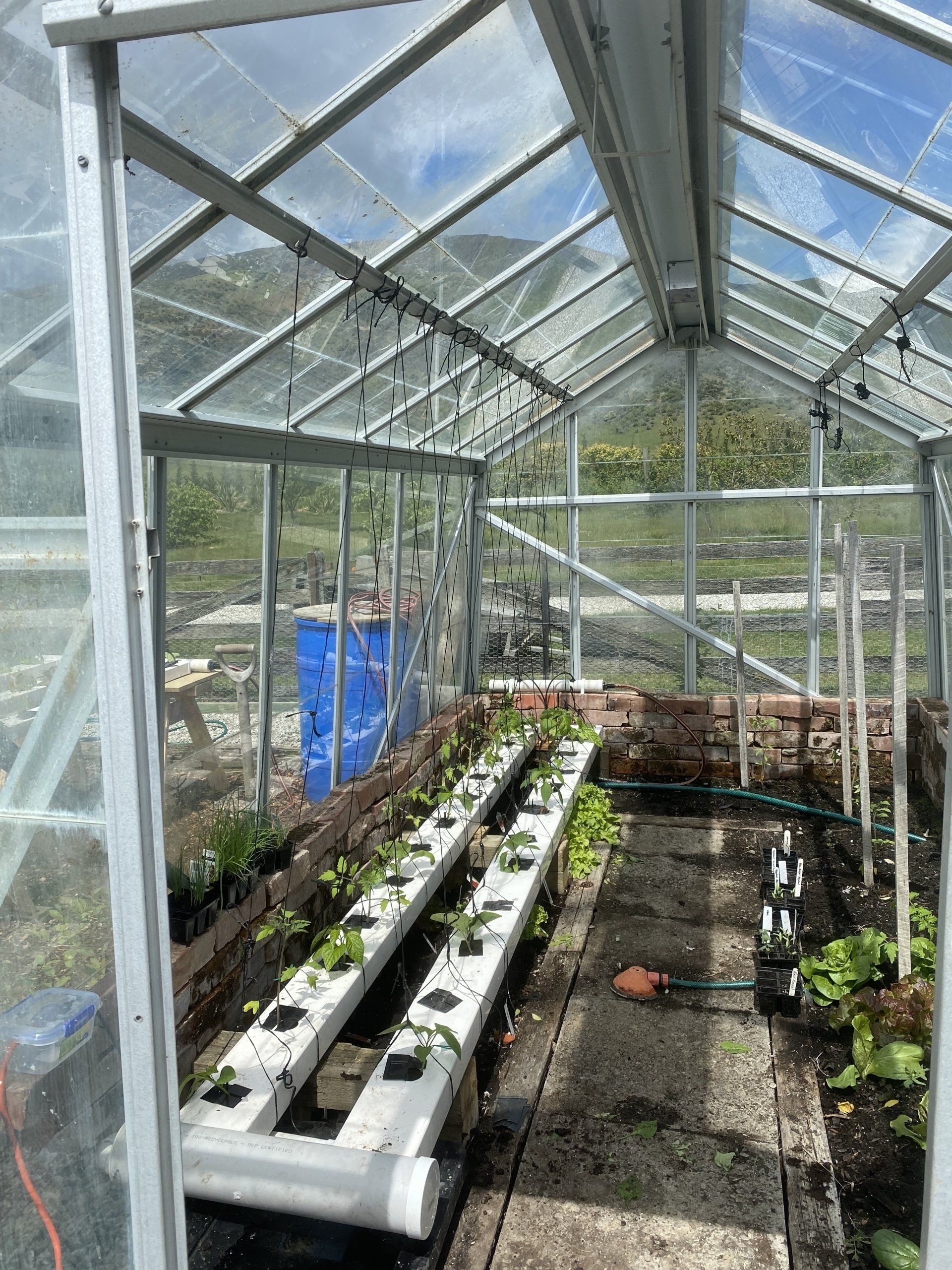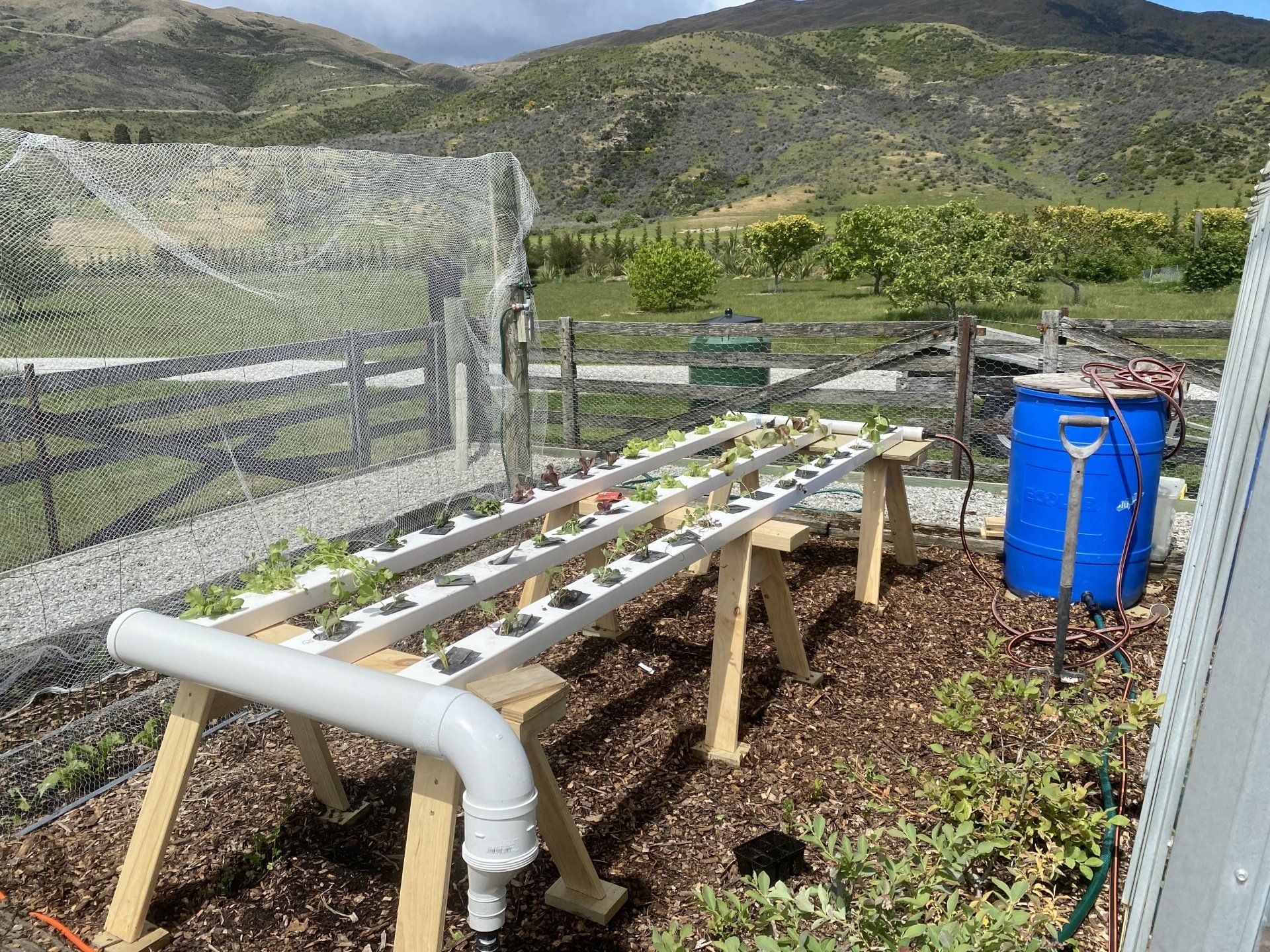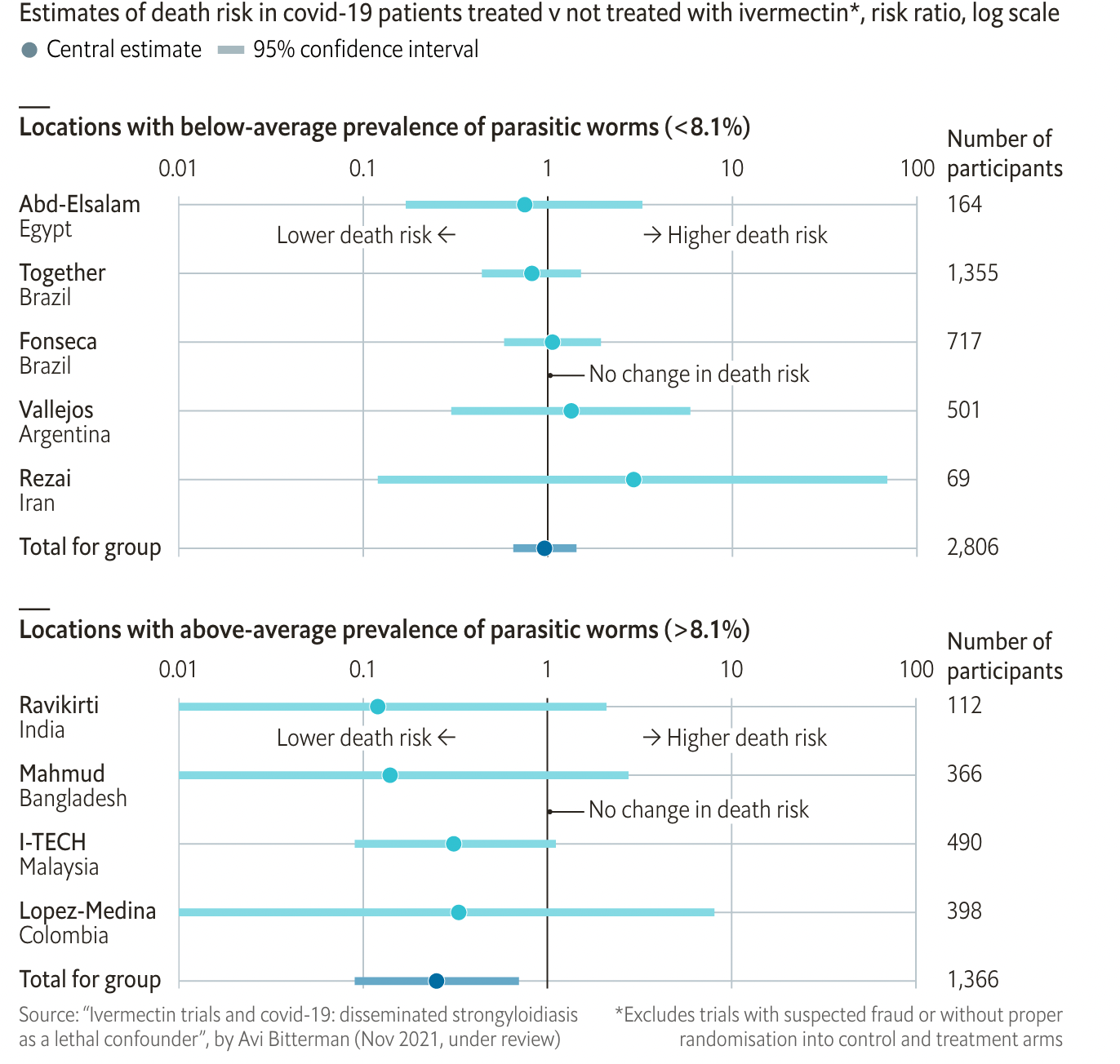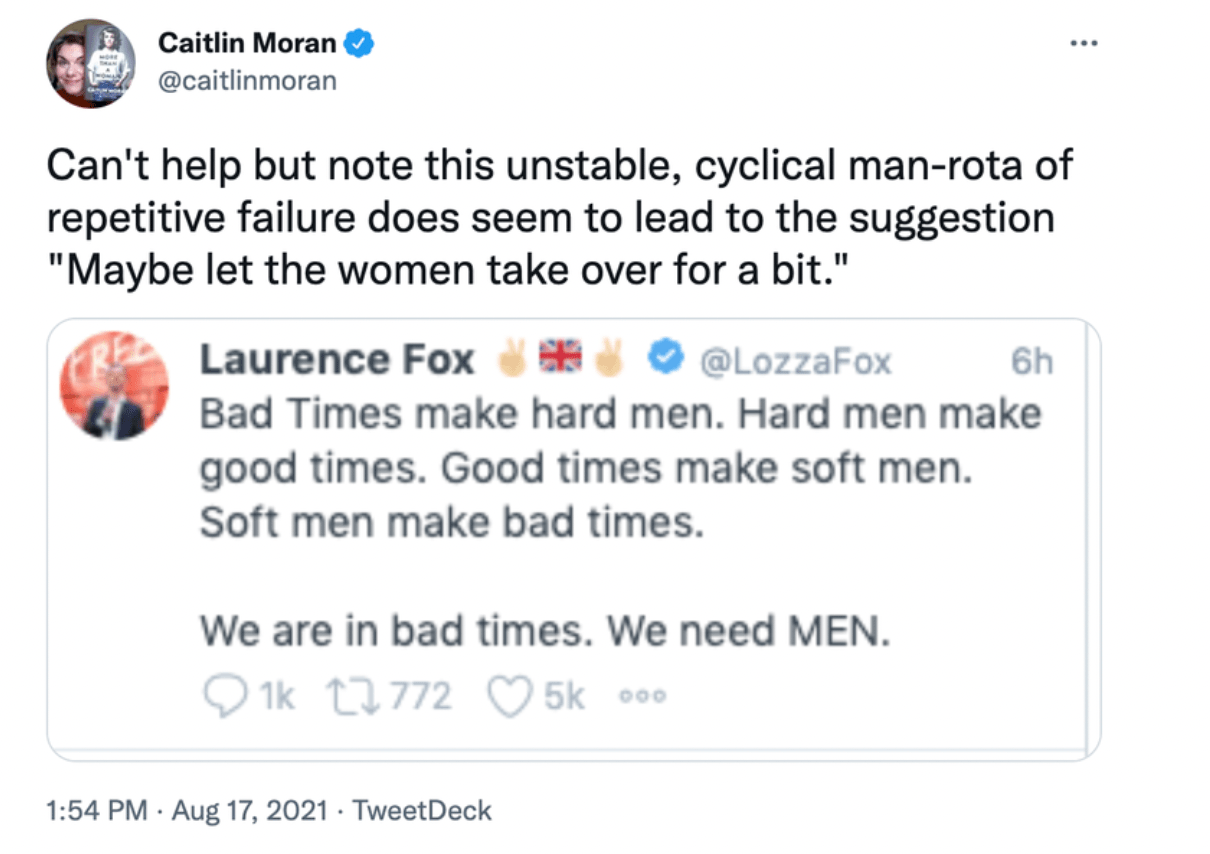Keeping an open mind


I have realised that a significant part of my internal purpose is to learn new things. This came up in digital conversation, around the role of science in society. A commentator made the point that science is a useful vehicle for asking and answering questions about the world, but that science is problematic if it becomes the world view. I thought this a very valid observation – science for information is essential, but science as personal purpose is insufficient. Which threw me into the internal reflection of what one deems one’s purpose in life to be, and back to one of my strong drivers being to learn.
I think the mantra of ‘education for life’ is correct, but somewhat amusing, because I can’t imagine life without learning. To me it is akin to saying ‘eat for life’. And talking of eating, my latest new thing thing to learn has been hydroponic growing. I have wanted to try this out for a while because a friend in Queenstown grows amazing amounts of tomatoes and peppers and chillis, getting produce from early December, while I am lucky if I see a ripe tomato in my glasshouse before late February (and in some seasons lucky if I see one at all). Hydroponics removes soil from the equation and it is soil temperatures that are the challenge in Gibbston – it takes a long time for the soil to warm up, at which point there isn’t enough of the spring and summer left to for plants to grow big enough and fruit.
The particular types of hydroponic growing I am trying is nutrient film technique (NFT). In this approach, one runs a constant stream of nutrient-containing water down channels, returns the water into a sump and then pumps it back up again. As with many exercises, it took a LOT more time to set up than one would ever guess. When I thought I was almost there, I was actually still 8 hours away from actually having plants in my channels. However, maintenance is quick, only requiring checking the nutrient and water levels. I am looking forward to lots of produce that is hard to get and expensive to buy in Queenstown!
It’s easy enough to keep an open mind about new ways of growing things, and enjoy learning about them, but a lot harder to keep an open mind about questions of science, where one thinks one ‘knows facts’. This is a recurring theme in my head and in my blogs – how does one stay in a questioning frame of mind rather than rejecting new information on the basis that it doesn’t fit with the information that one already knows? How does one truly stay open to life-long learning? I had two great examples of needing to keep an open mind recently.
The first was the ‘frog in a pot’ meme, that I know I have used. The frog-in-a-pot meme says that frogs will stay in pots if you gradually raise the temperature because they sense relative change in temperature rather than absolute temperature. It is often used in relation to people, suggesting that if you change conditions slightly and gradually, people become accustomed to them and do not try to push back. I am not so sure about people, but it turns out the frog in a pot meme is absolute rubbish. Frogs don’t like hot water, and will leap out when it gets too hot. Now I wonder how I could have believed something that sounds so stupid, and how I could have believed it without looking for evidence.
I looked for examples of the frog meme that are physiologically real. The best I found is carbon monoxide (CO) poisoning in humans. CO is an odourless and tasteless gas which binds to your red blood cells, displacing oxygen, so you run out of oxygen to fuel your respiration. The symptoms are not that noticeable, and not at all noticeable if you are asleep, so it is possible to simply pass out from CO poisoning as it CO gradually increases in your atmosphere, and then die in your sleep. It’s why DOC has signs in every hut telling you to open windows when cooking, because gas cooking can create CO.
But back to my keeping an open mind. I had a conversation about ivermectin with someone, who proffers many alternative theories about COVID-19, how not to get it, how to cure it, and the evils of vaccines. I really didn’t want to engage in yet another conversation where the person I was talking with hadn’t done any background research to validate the statements they were making. I hadn’t done any specific research either and wasn’t in a position to investigate anything at the time. I also had a degree of scepticism about how a drug that kills intestinal parasites could be useful in killing a virus – they are quite different biota. So I didn’t actually have a conversation, I just said I didn’t want to talk about it and stopped engaging.
However, the ivermectin debate kept niggling in the back of my brain. Ivermectin is widely used to dose livestock for worms, and is used in humans, with great success in combatting ‘River Blindness’ and elephantiasis in Africa (amongst other conditions). Its mode of action is effective on worms and insects, but the chemical pathway it affects doesn’t exist in humans, which is why it has been a very safe drug to use. Safe doesn’t mean effective, however, and I could find nothing about why ivermectin might influence COVID outcomes positively, despite there being 10s of studies claiming it has been effective. Moreover, two of the largest of trials investigating ivermectin found it had no effect and another well cited paper was withdrawn as it was found to be fraudulent.
I couldn’t find positive evidence for ivermectin, that is, until I came across an article in the Economist that suggests an explanation. A blogger and a US dermatologist did their own analysis of the multiple studies on use of ivermectin on COVID-19 patients. They propose that ivermectin reduces COVID-19 deaths in countries where intestinal worms are prevalent. In the figure below, the upper panel shows countries where there are lower than average parasitic worms (focusing on threadworm); treatment of COVID-19 patients with ivermectin generally had little effect or slightly increased death risk. In the lower panel, countries with above average parasitic worm prevalence all had significantly lower death risks when COVID-19 patients were treated with ivermectin.

There’s another link in this puzzle – if someone with parasitic worms takes steroids, their immune system is depressed, allowing the worms to multiply. Presence of common parasitic worms can cause weight loss and fatigue, but they are only a critical threat if their numbers grow out of control, as can happen if people are dosed with steroids. Steroids are a common treatment for COVID-19. So it could be that ivermectin treatment reduces worm loads in people’s guts; if they get treated for COVID-19 they are less likely to die because the worms don’t get out of control. This explanation could also be the reason why many trials of ivermectin are proving inconclusive – ivermectin is only going to be relevant where people have a significant burden of parasitic worms. If people with worms are not separated from those without worms in the data analysis, there will be no conclusive result.
For those of us in New Zealand we are unlikely to need ivermectin to prevent us dying from COVID-19. The common pharmaceutical used in New Zealand to treat threadworm is actually Vermox (Vermox is the brand name, mebendazole is the chemical ingredient) – I imagine most of you reading this have used it at some point or other, quite possibly when you had children around bringing threadworm home. Vaccines are likely to be a much better approach to preventing getting very sick or hospitalised but, you can always have both if you are concerned, as one dose of Vermox knocks your threadworms dead.
Frogs and ivermectin were timely reminders for me that, even when I think I have reason not to believe something I’m being told, I should check it out before discounting it. And just as importantly, if you think you have reason to believe something, check it out too! We humans make mistakes in all directions.






